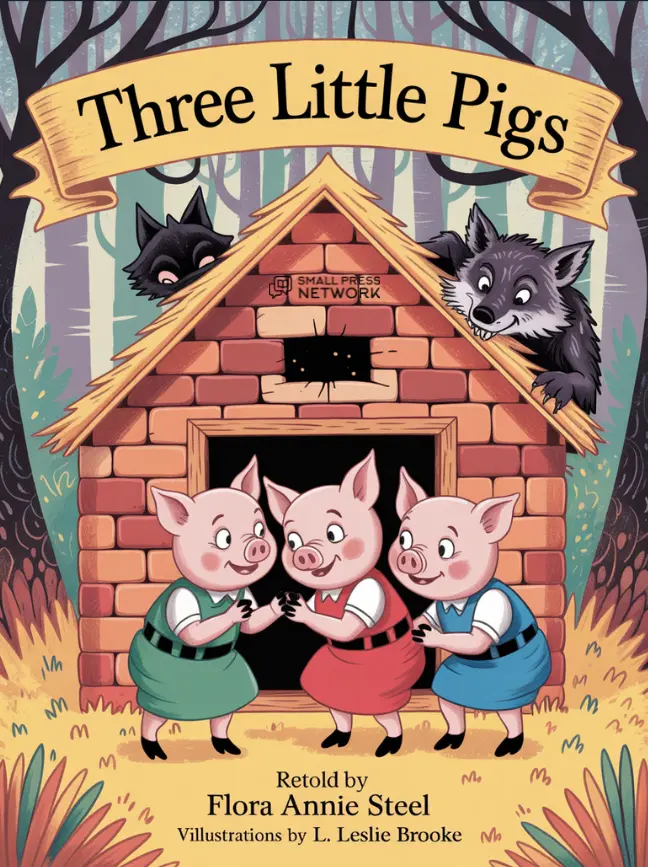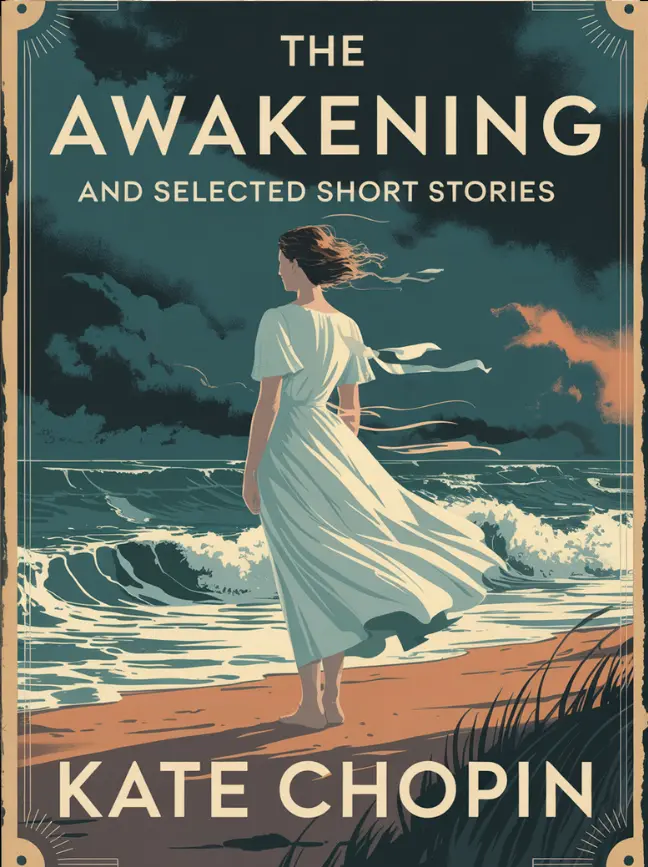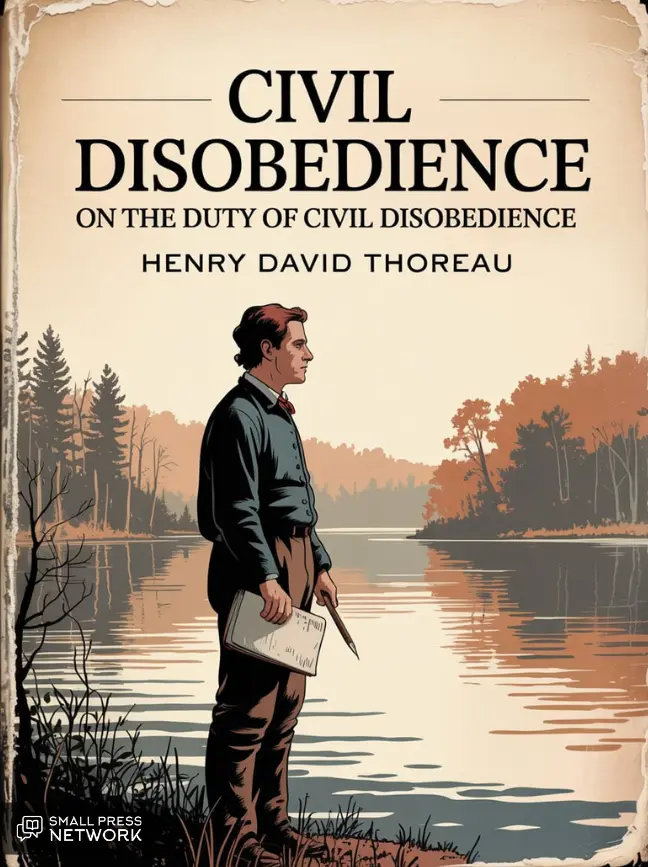571
Chapter VIII
After his interview with Pierre in Moscow, Prince Andrew went to Petersburg, on business as he told his family, but really to meet Anatole Kurágin whom he felt it necessary to encounter.
On reaching Petersburg he inquired for Kurágin but the latter had already left the city. Pierre had warned his brother-in-law that Prince Andrew was on his track. Anatole Kurágin promptly obtained an appointment from the Minister of War and went to join the army in Moldavia. While in Petersburg Prince Andrew met Kutúzov, his former commander who was always well disposed toward him, and Kutúzov suggested that he should accompany him to the army in Moldavia, to which the old general had been appointed commander in chief. So Prince Andrew, having received an appointment on the headquarters staff, left for Turkey.
Prince Andrew did not think it proper to write and challenge Kurágin. He thought that if he challenged him without some fresh cause it might compromise the young Countess Rostóva and so he wanted to meet Kurágin personally in order to find a fresh pretext for a duel. But he again failed to meet Kurágin in Turkey, for soon after Prince Andrew arrived, the latter returned to Russia. In a new country, amid new conditions, Prince Andrew found life easier to bear. After his betrothed had broken faith with him—which he felt the more acutely the more he tried to conceal its effects—the surroundings in which he had been happy became trying to him, and the freedom and independence he had once prized so highly were still more so. Not only could he no longer think the thoughts that had first come to him as he lay gazing at the sky on the field of Austerlitz and had later enlarged upon with Pierre, and which had filled his solitude at Boguchárovo and then in Switzerland and Rome, but he even dreaded to recall them and the bright and boundless horizons they had revealed. He was now concerned only with the nearest practical matters unrelated to his past interests, and he seized on these the more eagerly the more those past interests were closed to him. It was as if that lofty, infinite canopy of heaven that had once towered above him had suddenly turned into a low, solid vault that weighed him down, in which all was clear, but nothing eternal or mysterious.
Of the activities that presented themselves to him, army service was the simplest and most familiar. As a general on duty on Kutúzov’s staff, he applied himself to business with zeal and perseverance and surprised Kutúzov by his willingness and accuracy in work. Not having found Kurágin in Turkey, Prince Andrew did not think it necessary to rush back to Russia after him, but all the same he knew that however long it might be before he met Kurágin, despite his contempt for him and despite all the proofs he deduced to convince himself that it was not worth stooping to a conflict with him—he knew that when he did meet him he would not be able to resist calling him out, any more than a ravenous man can help snatching at food. And the consciousness that the insult was not yet avenged, that his rancor was still unspent, weighed on his heart and poisoned the artificial tranquillity which he managed to obtain in Turkey by means of restless, plodding, and rather vainglorious and ambitious activity.
In the year 1812, when news of the war with Napoleon reached Bucharest—where Kutúzov had been living for two months, passing his days and nights with a Wallachian woman— Prince Andrew asked Kutúzov to transfer him to the Western Army. Kutúzov, who was already weary of Bolkónski’s activity which seemed to reproach his own idleness, very readily let him go and gave him a mission to Barclay de Tolly.
572
Before joining the Western Army which was then, in May, encamped at Drissa, Prince Andrew visited Bald Hills which was directly on his way, being only two miles off the Smolénsk highroad. During the last three years there had been so many changes in his life, he had thought, felt, and seen so much (having traveled both in the east and the west), that on reaching Bald Hills it struck him as strange and unexpected to find the way of life there unchanged and still the same in every detail. He entered through the gates with their stone pillars and drove up the avenue leading to the house as if he were entering an enchanted, sleeping castle. The same old stateliness, the same cleanliness, the same stillness reigned there, and inside there was the same furniture, the same walls, sounds, and smell, and the same timid faces, only somewhat older. Princess Mary was still the same timid, plain maiden getting on in years, uselessly and joylessly passing the best years of her life in fear and constant suffering. Mademoiselle Bourienne was the same coquettish, self-satisfied girl, enjoying every moment of her existence and full of joyous hopes for the future. She had merely become more self-confident, Prince Andrew thought. Dessalles, the tutor he had brought from Switzerland, was wearing a coat of Russian cut and talking broken Russian to the servants, but was still the same narrowly intelligent, conscientious, and pedantic preceptor. The old prince had changed in appearance only by the loss of a tooth, which left a noticeable gap on one side of his mouth; in character he was the same as ever, only showing still more irritability and skepticism as to what was happening in the world. Little Nicholas alone had changed. He had grown, become rosier, had curly dark hair, and, when merry and laughing, quite unconsciously lifted the upper lip of his pretty little mouth just as the little princess used to do. He alone did not obey the law of immutability in the enchanted, sleeping castle. But though externally all remained as of old, the inner relations of all these people had changed since Prince Andrew had seen them last. The household was divided into two alien and hostile camps, who changed their habits for his sake and only met because he was there.
To the one camp belonged the old prince, Mademoiselle Bourienne, and the architect; to the other Princess Mary, Dessalles, little Nicholas, and all the old nurses and maids.
During his stay at Bald Hills all the family dined together, but they were ill at ease and Prince Andrew felt that he was a visitor for whose sake an exception was being made and that his presence made them all feel awkward. Involuntarily feeling this at dinner on the first day, he was taciturn, and the old prince noticing this also became morosely dumb and retired to his apartments directly after dinner. In the evening, when Prince Andrew went to him and, trying to rouse him, began to tell him of the young Count Kámensky’s campaign, the old prince began unexpectedly to talk about Princess Mary, blaming her for her superstitions and her dislike of Mademoiselle Bourienne, who, he said, was the only person really attached to him.
The old prince said that if he was ill it was only because of Princess Mary: that she purposely worried and irritated him, and that by indulgence and silly talk she was spoiling little Prince Nicholas. The old prince knew very well that he tormented his daughter and that her life was very hard, but he also knew that he could not help tormenting her and that she deserved it.
“Why does Prince Andrew, who sees this, say nothing to me about his sister? Does he think me a scoundrel, or an old fool who, without any reason, keeps his own daughter at a distance and attaches this Frenchwoman to himself? He doesn’t understand, so I must explain it, and he must hear me out,” thought the old prince. And he began explaining why he could not put up with his daughter’s unreasonable character.
“If you ask me,” said Prince Andrew, without looking up (he was censuring his father for the first time in his life), “I did not wish to speak about it, but as you ask me I will give you my frank opinion. If there is any misunderstanding and discord between you and Mary, I can’t blame her for it at all. I know how she loves and respects you. Since you ask me,” continued Prince Andrew, becoming irritable—as he was always liable to do of late—“I can only say
573
that if there are any misunderstandings they are caused by that worthless woman, who is not fit to be my sister’s companion.”
The old man at first stared fixedly at his son, and an unnatural smile disclosed the fresh gap between his teeth to which Prince Andrew could not get accustomed.
“What companion, my dear boy? Eh? You’ve already been talking it over! Eh?”
“Father, I did not want to judge,” said Prince Andrew, in a hard and bitter tone, “but you challenged me, and I have said, and always shall say, that Mary is not to blame, but those to blame—the one to blame—is that Frenchwoman.”
“Ah, he has passed judgment… passed judgement!” said the old man in a low voice and, as it seemed to Prince Andrew, with some embarrassment, but then he suddenly jumped up and cried: “Be off, be off! Let not a trace of you remain here!…”
Prince Andrew wished to leave at once, but Princess Mary persuaded him to stay another day.
That day he did not see his father, who did not leave his room and admitted no one but Mademoiselle Bourienne and Tíkhon, but asked several times whether his son had gone. Next day, before leaving, Prince Andrew went to his son’s rooms. The boy, curly-headed like his mother and glowing with health, sat on his knee, and Prince Andrew began telling him the story of Bluebeard, but fell into a reverie without finishing the story. He thought not of this pretty child, his son whom he held on his knee, but of himself. He sought in himself either remorse for having angered his father or regret at leaving home for the first time in his life on bad terms with him, and was horrified to find neither. What meant still more to him was that he sought and did not find in himself the former tenderness for his son which he had hoped to reawaken by caressing the boy and taking him on his knee.
“Well, go on!” said his son.
Prince Andrew, without replying, put him down from his knee and went out of the room.
As soon as Prince Andrew had given up his daily occupations, and especially on returning to the old conditions of life amid which he had been happy, weariness of life overcame him with its former intensity, and he hastened to escape from these memories and to find some work as soon as possible.
“So you’ve decided to go, Andrew?” asked his sister.
“Thank God that I can,” replied Prince Andrew. “I am very sorry you can’t.”
“Why do you say that?” replied Princess Mary. “Why do you say that, when you are going to this terrible war, and he is so old? Mademoiselle Bourienne says he has been asking about you….”
As soon as she began to speak of that, her lips trembled and her tears began to fall. Prince Andrew turned away and began pacing the room.
“Ah, my God! my God! When one thinks who and what—what trash—can cause people misery!” he said with a malignity that alarmed Princess Mary.
She understood that when speaking of “trash” he referred not only to Mademoiselle Bourienne, the cause of her misery, but also to the man who had ruined his own happiness.
“Andrew! One thing I beg, I entreat of you!” she said, touching his elbow and looking at him with eyes that shone through her tears. “I understand you” (she looked down). “Don’t imagine that sorrow is the work of men. Men are His tools.” She looked a little above Prince Andrew’s head with the confident, accustomed look with which one looks at the place where a familiar portrait hangs. “Sorrow is sent by Him, not by men. Men are His instruments, they
574
are not to blame. If you think someone has wronged you, forget it and forgive! We have no right to punish. And then you will know the happiness of forgiving.”
“If I were a woman I would do so, Mary. That is a woman’s virtue. But a man should not and cannot forgive and forget,” he replied, and though till that moment he had not been thinking of Kurágin, all his unexpended anger suddenly swelled up in his heart.
“If Mary is already persuading me to forgive, it means that I ought long ago to have punished him,” he thought. And giving her no further reply, he began thinking of the glad vindictive moment when he would meet Kurágin who he knew was now in the army.
Princess Mary begged him to stay one day more, saying that she knew how unhappy her father would be if Andrew left without being reconciled to him, but Prince Andrew replied that he would probably soon be back again from the army and would certainly write to his father, but that the longer he stayed now the more embittered their differences would become.
“Good-by, Andrew! Remember that misfortunes come from God, and men are never to blame,” were the last words he heard from his sister when he took leave of her.
“Then it must be so!” thought Prince Andrew as he drove out of the avenue from the house at Bald Hills. “She, poor innocent creature, is left to be victimized by an old man who has outlived his wits. The old man feels he is guilty, but cannot change himself. My boy is growing up and rejoices in life, in which like everybody else he will deceive or be deceived.
And I am off to the army. Why? I myself don’t know. I want to meet that man whom I despise, so as to give him a chance to kill and laugh at me!”
These conditions of life had been the same before, but then they were all connected, while now they had all tumbled to pieces. Only senseless things, lacking coherence, presented themselves one after another to Prince Andrew’s mind.





